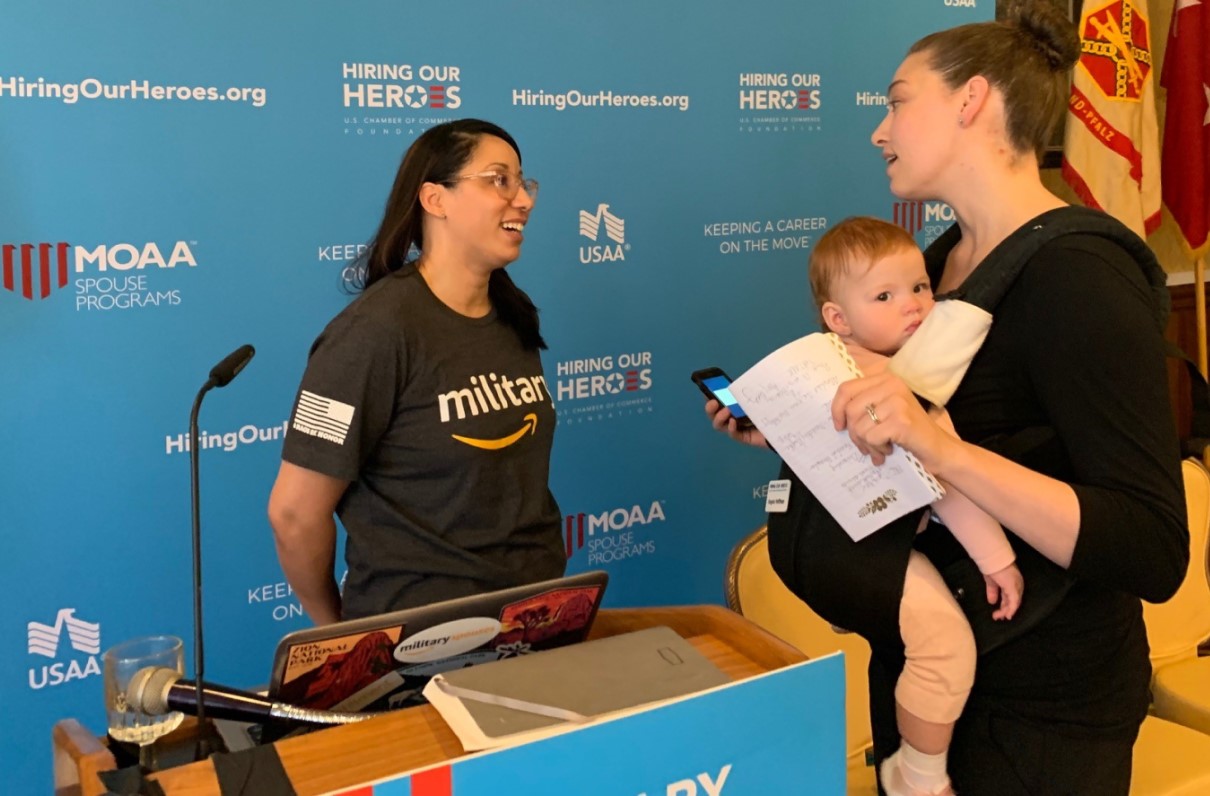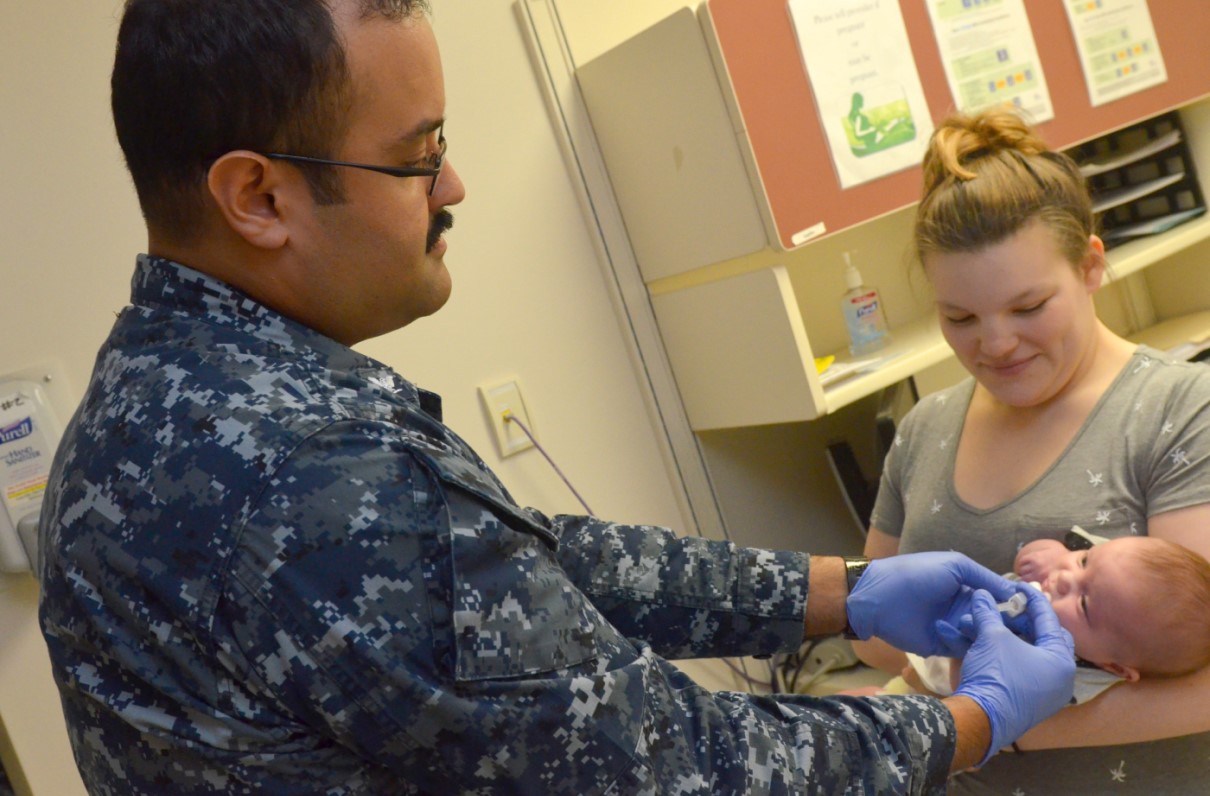By MOAA Staff
More than 2 in 3 military spouses have had to quit or change their job due to a permanent change-of-station move, according to the 2017 Hiring our Heroes Military Spouses in the Workplace survey. Many options are available for military spouses who don’t want to just quit a job they love; unfortunately, it’s not as simple as typing “telecommute” into a job search engine.
Here are just a few helpful tips, more of which are available in MOAA’s 56-page Spouse Employment Guide (available for free download here).
1. Remote Help From MOAA: Some spouses may find a solution via the Military Spouse Remote Telework Program, which was launched recently by The MOAA Foundation (TMF) in partnership with Hiring Our Heroes Military Spouse Program and with support from Microsoft. This unique opportunity will provide military spouses and their small business employers with the tools necessary to successfully work from a remote location (in the continental U.S.), allowing the small business to retain the spouse on staff.Participants will receive hardware, software, contract templates and technical training tutorials to support a remote work arrangement. For program details, additional information, and the application link, visit https://www.moaa.org/spousegrant. Applications are due Aug. 31.
[RELATED: MOAA Partners With Microsoft, Hiring Our Heroes to Launch Military Spouse Telework Pilot Program]
2. Trusted Partners: Finding the right telework situation can be easier if you’re looking in a place where military-friendly employers are gathered. The Military Spouse Employment Partnership (MSEP) is one such place, with career opportunities designed specifically with spouses in mind. You can even filter the job board by using “flextime” or “telework” options that are part of the search process.
3. More Trusted Partners: Job boards, even those tailored to military spouses (or working to include military spouses) aren’t always enough to get your career on the move. Consider a visit to the Spouse Ambassador Network, where you can learn about your local and national networking options, and use those options to find flexible employment opportunities.
4. Know Your Resources. Select from a variety of remote-focused training packages at Military OneSource’s Spouse Education and Career Opportunities (SECO) website. Whether you’re after career-specific advice (for health care, cybersecurity, or other professions) or some help designed for your specific career stage (re-entering the workforce, new to military life, and others), you’ll be able to find some helpful pointers.
Remember, get more tips on remote work and other military spouse career avenues in MOAA’s free Spouse Employment Guide. And don't forget to register for MOAA's 2019 Military and Veteran Networking Forum and Hiring Event, which is open to military spouses as well as servicemembers and veterans.



